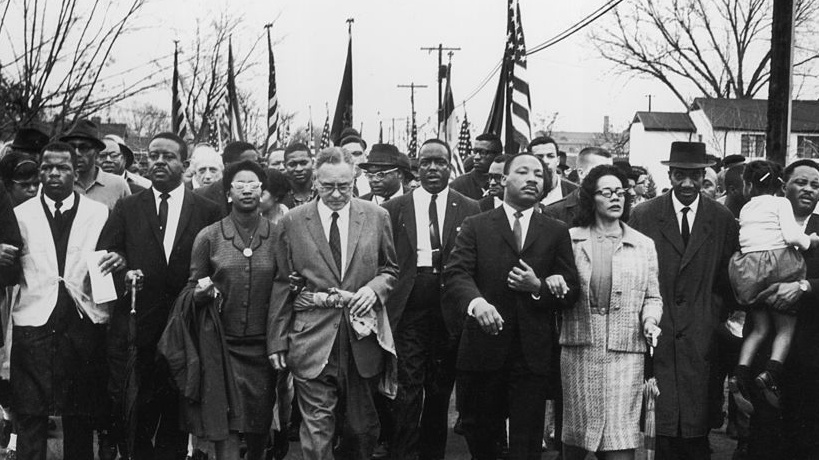Carter G. Woodson, a noted Harvard trained historian spent his life trying to get African Americans to know who they were as a people. In doing so, in 1926 he created a weeklong celebration of Negro History in February, this being the birth month of both President Abraham Lincoln and Frederick Douglas. In 1976 it was changed to Black History month, the idea now morphing beyond study and education into that of African Americans understanding that they did not come to these shores with a blank slate. Furthermore, the very study and research helped debunk the lie African Americans had been told that they contributed nothing to the history of the world. In fact, that they had no humanity let alone history or culture.
History is the record of struggle as well as that of culture, thus, culture, when viewed as a framework, means that nothing can be done outside of its context. So what then do I see as the critical component of Carter G. Woodson’s scholarship published in works such as “The Mis-Education of the Negro?" It is the fact that it brought African Americans to an awareness that their history did not begin when they were brought here in chains to Jamestown Virginia. The magnitude of the existence of people of African descent is brought to a thrilling conclusion in the writings of Kwei Armah in his seminal work "Two Thousand Seasons." In this description, he says that if you want to know the history of African people you have to first go to the ocean and step unto the sand. After counting every grain of sand you would have only now begun to understand how long African people have been on the planet. You will then have to walk down to the ocean and count the water drop by drop. Once you have added up all the drops, you only now have a fraction of how many seasons African people have been here. Then look up to the sky and count the sunlight ray by ray and then begin to understand the primacy of African people.
As a professor of African history, I am always intrigued that we look at ancient Egypt as the beginning point of higher culture yet refuse to recognize that the Egyptians were a colony of nubians. Nowhere is this more pervasive than in the movies which unfailingly depict Egyptians as Europeans or aliens. The only explanation for this being: they have no answers. And at the same time refuse to believe it were actually people of African descent who built the Pyramids that still remain a wonder even to this day. People of African descent need to know that this is our history; it is our culture and we have to connect to it. That in fact when you have a better understanding of who you are and where you came from then no one can put you down.
As a young man my father taught me many lessons often using idioms to get his point across. One that echoes with me is: you cannot know where you are going if you don’t know where you came from. And if you don’t know where you are going then any road will take you there. It is important to understand that this history; this culture began way before 1619. According to Ivan Van Sertima, Africans were present on the North American continent as early as 1550 when they came here as explorers and actually created settlements in the New World. Therefore, a real love of African is the beginning of a love for African Americans. It is in the teachings of Malcolm X that this point is beautifully spotlighted: ‘You cannot hate the root of a tree and love the tree,” he said. Similarly, you cannot talk about hating Africa and then say you love Black people.
So this history is rich and it is deep. One which also includes the great MAAFA or African Holocaust. A holocaust is not an event, but rather a moral category that talks about what was done to a people, So yes there was a Jewish Holocaust, but so too an African Holocaust in which upwards of 100 million people were lost in the Trans-Atlantic Slave trade.
In my moving around as a state Senator I am impassive when I hear and see people whose hearts are failing them for fear because of the shenanigans of the current occupant of the White House. I remind them that we are a people who survived. We survived the Trans-Atlantic Slave trade, Chattel Slavery, Jim Crow and Reconstruction. These events weren’t just worse because of the sheer number of lives lost at sea and lynched on trees, but because those ancestors did not have what we have today. I am talking about people like Senator Andrea Stewarts-Cousins, in whom we can celebrate living history her being the first African American woman to lead a legislative conference in the state of New York. This, in addition to having representatives like Velmanette Montgomery, Leroy Cowrie, James Sanders, Zellnor Myrie, Jamaal Bailey and Roxanne Persaud standing up for our rights. So as we celebrate African American (Black) history month, let us remember that it is simply a jumping off for the study we must do every day because African American history is truly American history.
